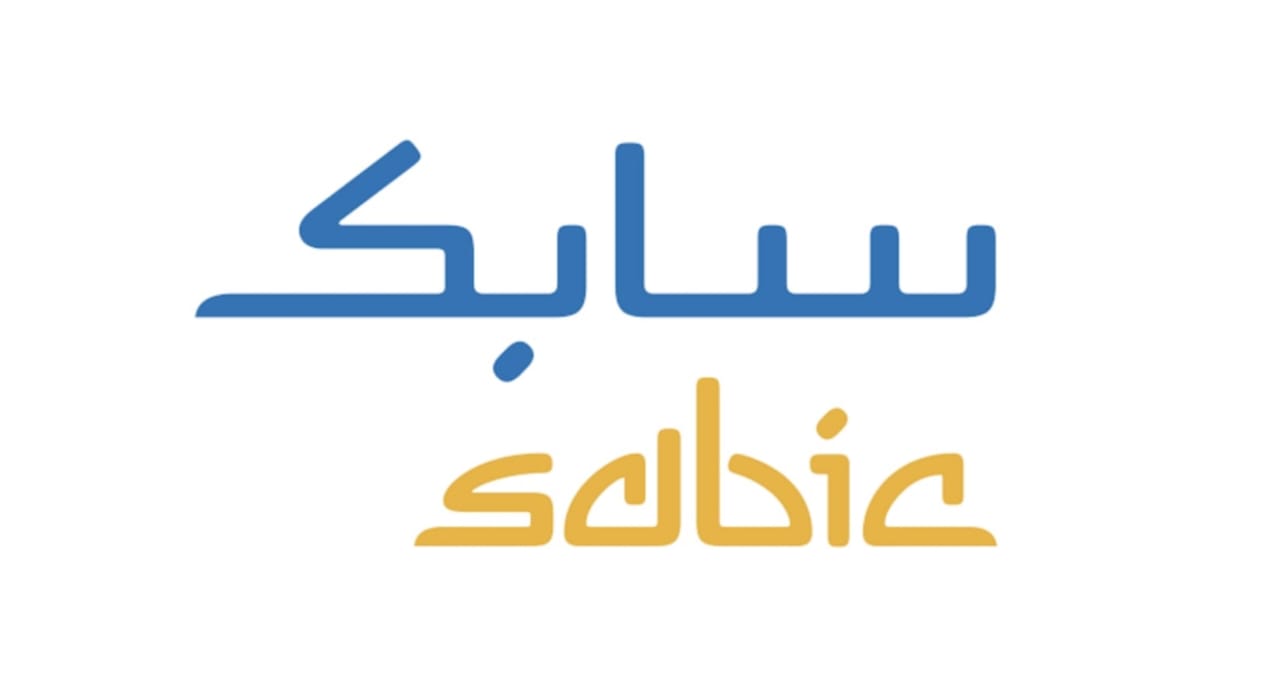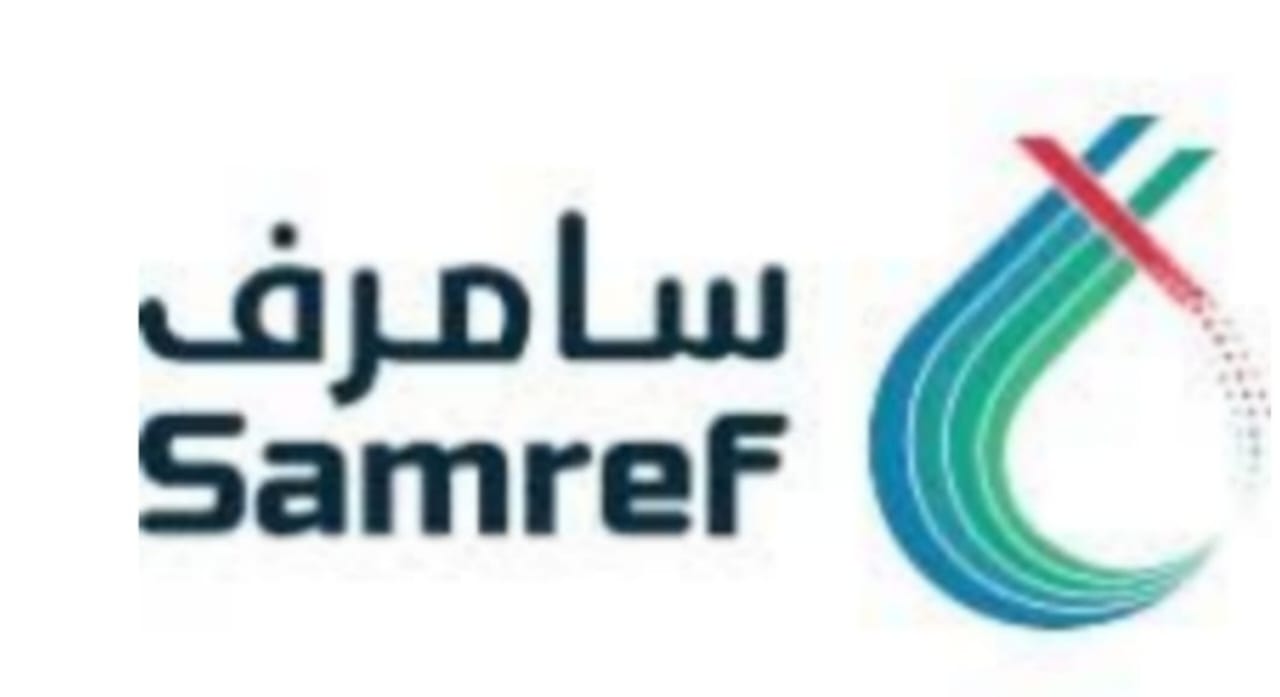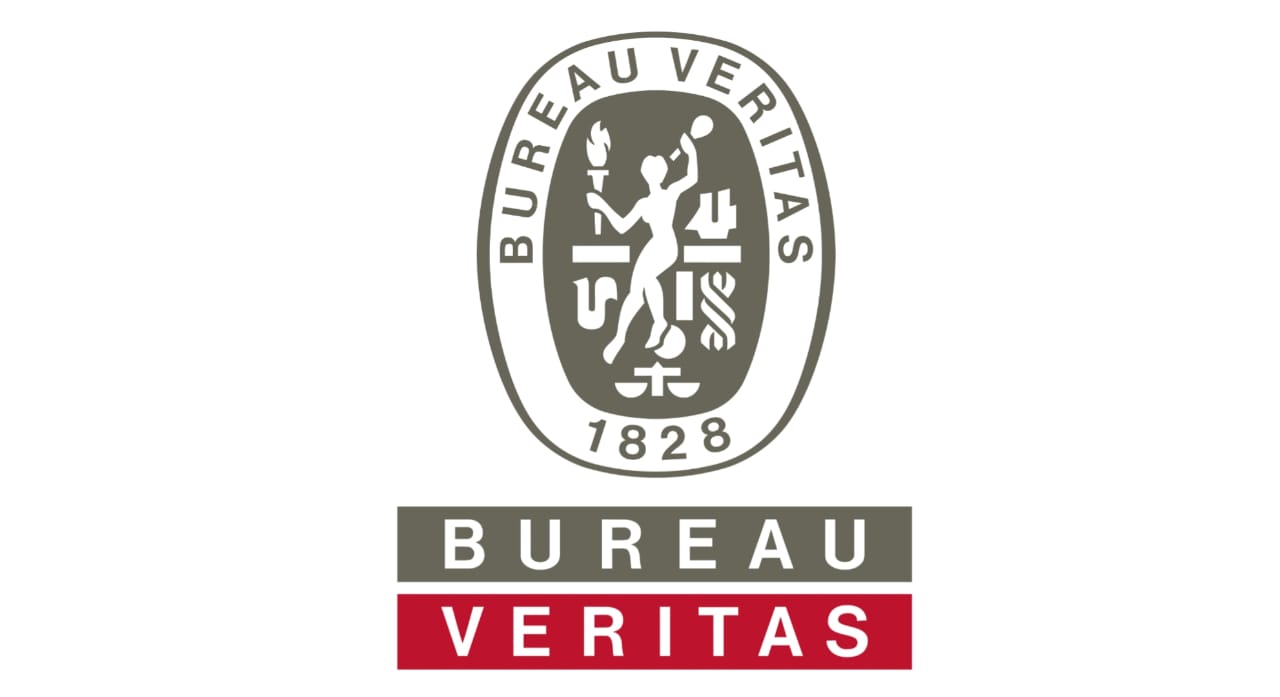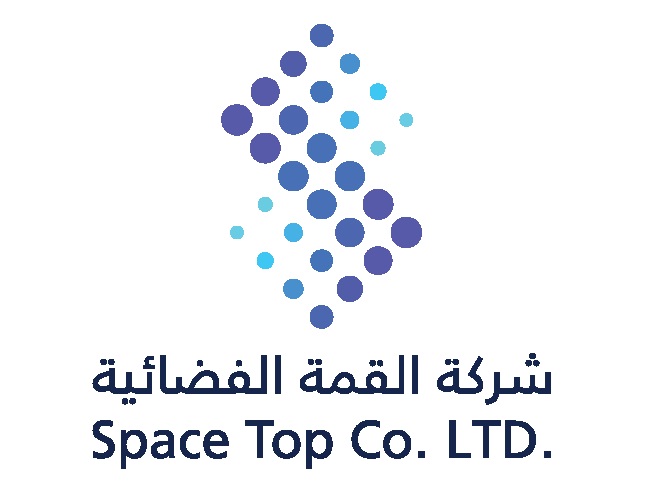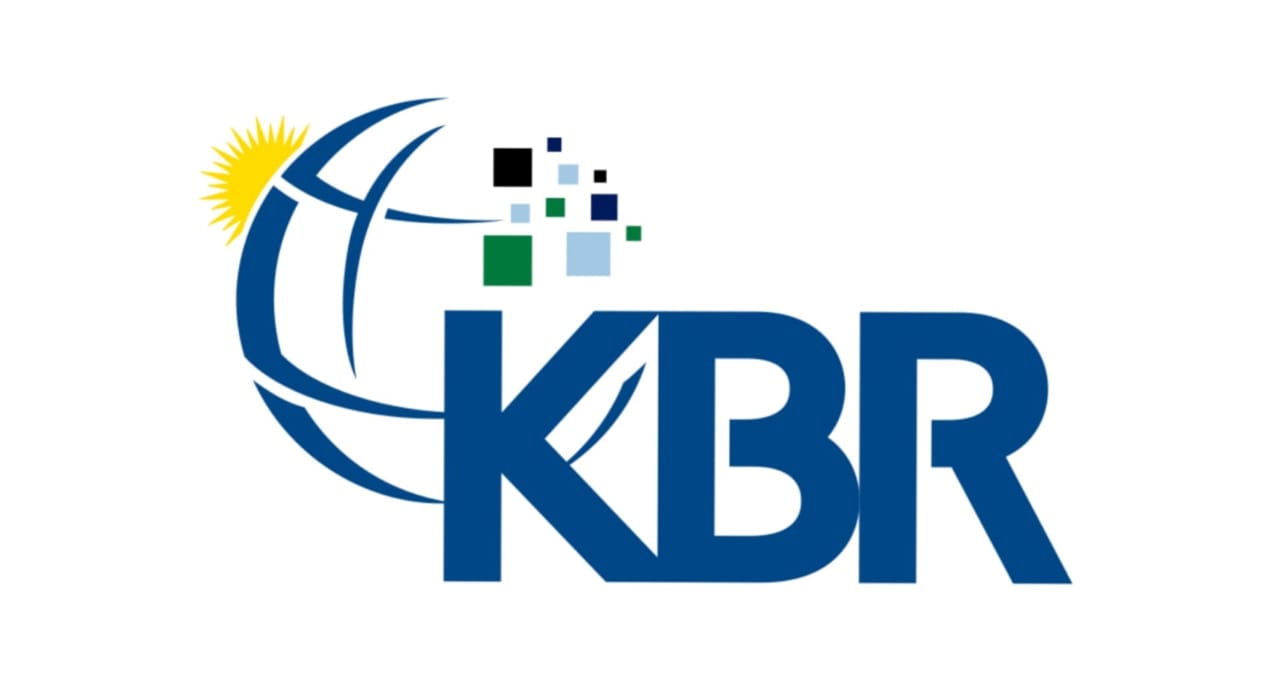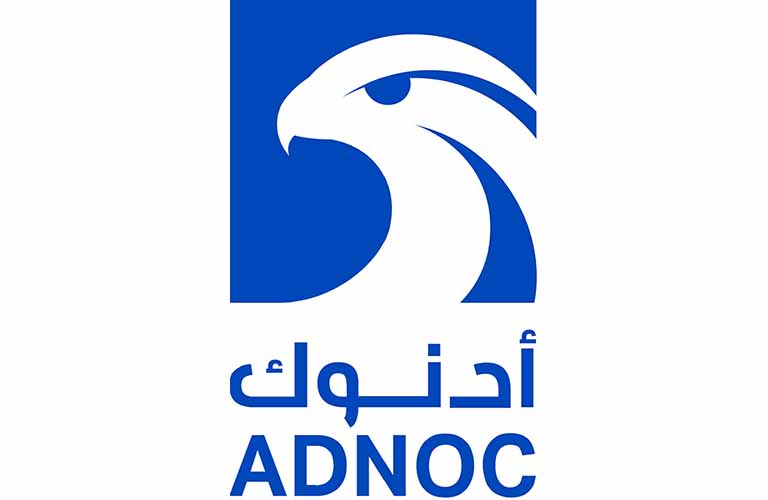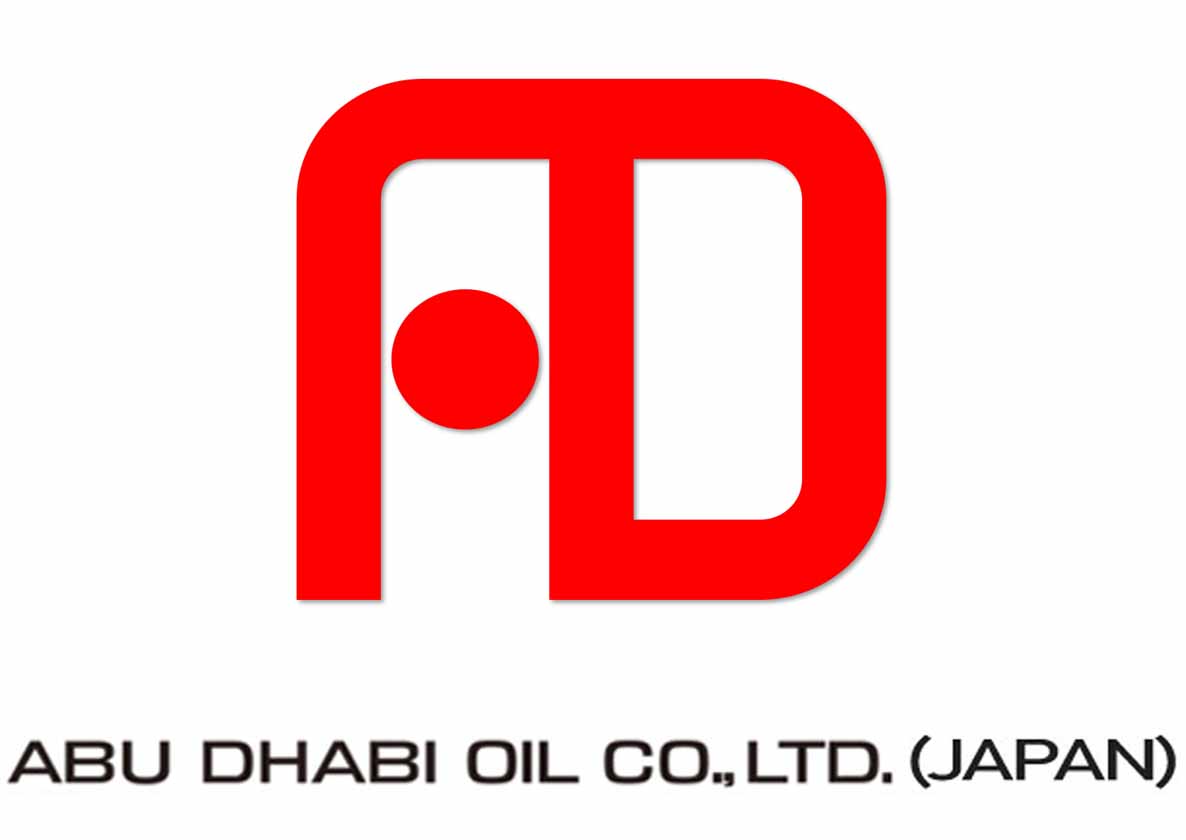Saudi Arabia's Industrialization Plan and Its Global Economic Impact
Explore the far-reaching implications of Saudi Arabia's bold industrialization plan on the world stage, Discover the key factors influencing the success of this plan

Saudi Arabia's Industrialization Plan and Its Global Economic Impact
RIYADH- Saudi Arabia has long been synonymous with its vast oil reserves, but the Kingdom is now steering its economy toward diversification and modernization. One of the most significant steps in this transformation is the ambitious plan to establish 36,000 industrial facilities by 2035. This endeavour is part of the broader Saudi Vision 2030, which aims to reduce the country's dependence on oil revenues and create a vibrant, diversified, and sustainable economy. In this article, we will explore the reasons behind this audacious goal, the sectors targeted for industrial development, and the potential benefits for both Saudi Arabia and the global economy.
Saudi Arabia has long been dependent on oil as its primary source of income. However, the volatility of oil prices has underscored the need for diversification. The government recognizes that industrialization can be a key driver of economic growth and stability, providing employment opportunities and reducing reliance on oil.
One of the primary goals of Saudi Vision 2030 is to create job opportunities for Saudi citizens. By establishing thousands of industrial facilities, the government aims to generate millions of jobs across various sectors, thereby reducing unemployment and boosting the national economy.
Saudi Arabia actively seeks foreign investment to achieve its industrialization goals. The Kingdom offers incentives such as tax breaks, land grants, and a favourable regulatory environment to attract both domestic and international investors, making it an attractive destination for businesses.
The industrial facilities planned under Saudi Vision 2030 span a wide range of sectors, reflecting the Kingdom's commitment to diversification and modernization.
Saudi Arabia aims to establish a robust manufacturing sector, focusing on industries like automotive, aerospace, and electronics. The government has already partnered with international companies to build automobile manufacturing plants within the Kingdom.
Building on its experience in the oil and gas sector, Saudi Arabia seeks to expand its petrochemical industry. This includes investments in the production of plastics, chemicals, and other value-added products.
Saudi Arabia is making significant investments in renewable energy sources like solar and wind power. The country's commitment to sustainability aligns with global efforts to combat climate change.
Developing a domestic defence industry is a key goal, with plans to manufacture military equipment and technology, reducing reliance on foreign suppliers.
The Kingdom aims to enhance food security and reduce its reliance on food imports by promoting domestic agriculture and food processing industries.
The establishment of 36,000 industrial facilities will significantly contribute to economic growth, reducing the Kingdom's reliance on oil revenues and promoting a more diversified and resilient economy.
The plan will create millions of jobs, improving the livelihoods of Saudi citizens and reducing unemployment rates.
The industrialization drive will attract talent and expertise from around the world, fostering knowledge transfer and skills development within the Kingdom.
Saudi Arabia's ambitious industrialization plan has the potential to impact the global economy by increasing the availability of goods and services, enhancing trade relationships, and contributing to global energy and sustainability efforts.

